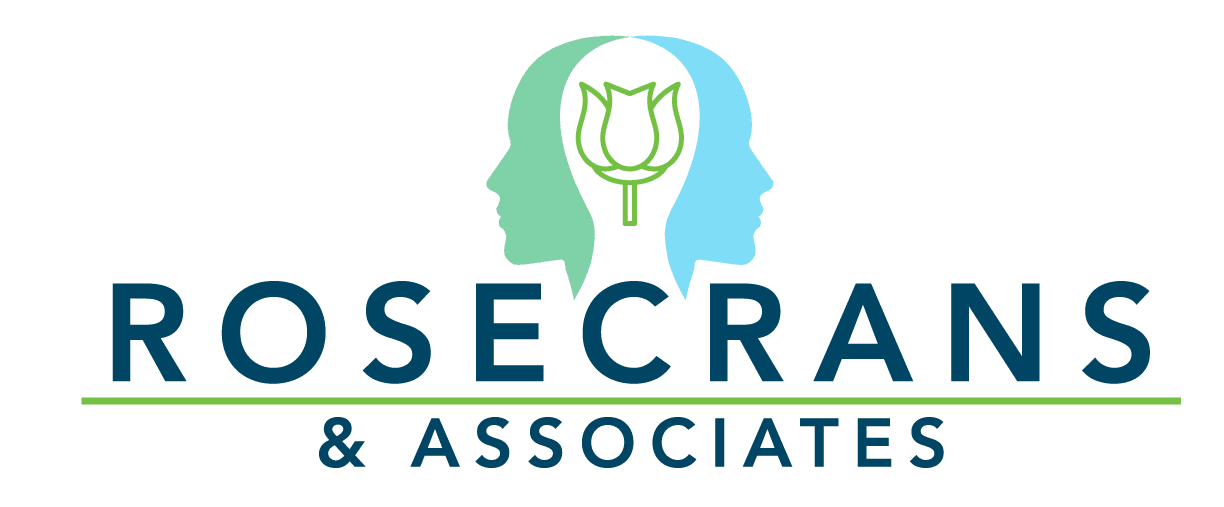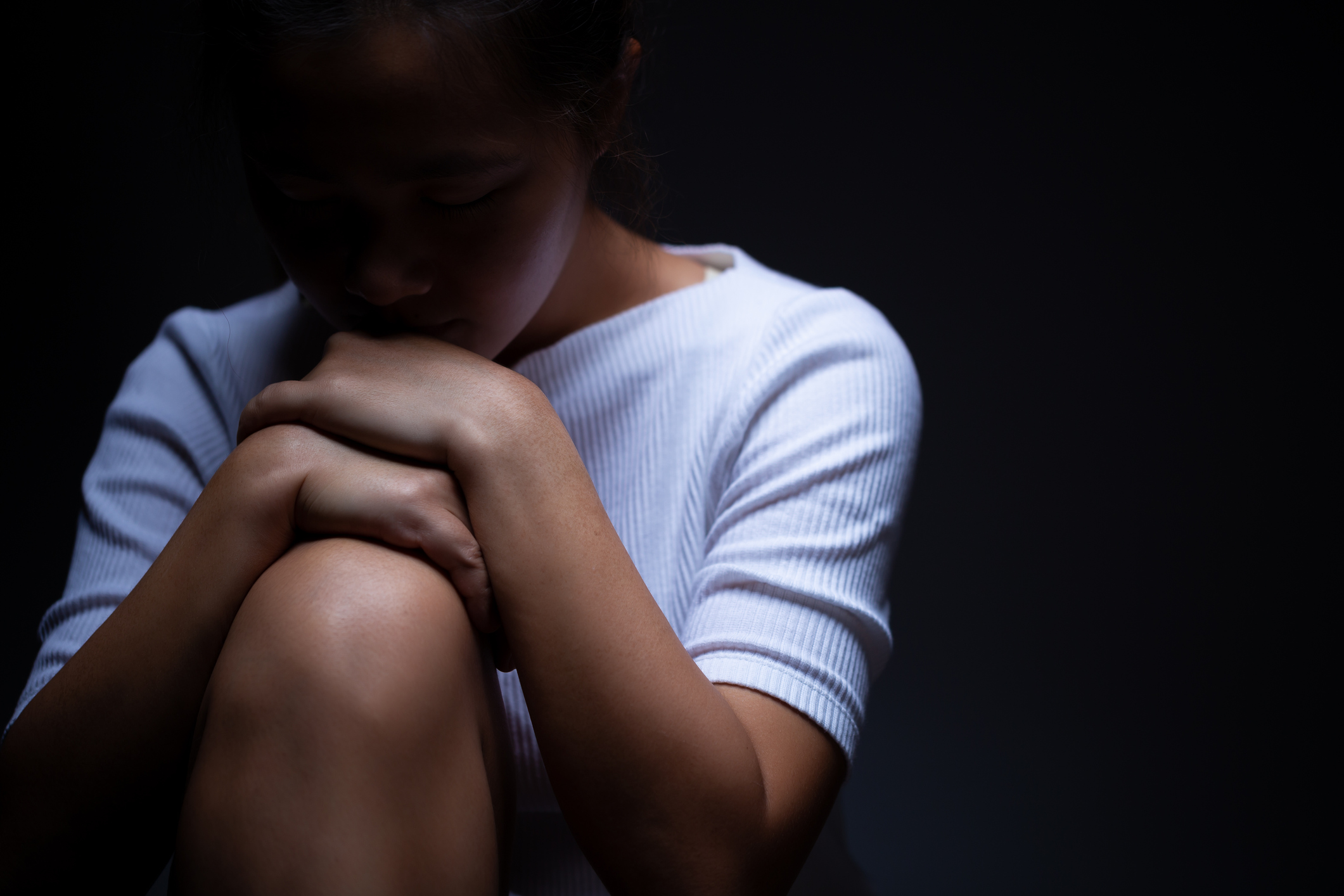What is Depression?
Not everyone’s depression feels or looks the same. At it’s core, depression consists of a sad mood that lasts for most of the day, for most days of the week. Some people do not experience a sad mood, but instead an angry mood. Another core symptom is anhedonia, which is having a lack of interest in or taking pleasure in things one used to enjoy.
In addition to a core symptom, an individual may experience any of the following:
-
- Sleeping too much or too little
- Changes in appetite and weight
- Feeling physically sluggish or physically agitated
- Loss of energy or feeling tired or fatigued
- Feeling worthless
- Feeling inappropriate guilt
- Loss of interest in sex
- Trouble with concentration or making decisions
- Having thoughts of death, self-harm, and suicide.
Some people can feel hopeless and helpless in their depression. These symptoms can cause impairment in personal, social, academic, and occupational life.
Depression can make it feel like the simplest of tasks are too difficult to complete, such as getting out of bed, brushing ones teeth, or making food. The body can feel too tired and sluggish. It may be difficult to muster up the energy to go to work, so once someone gets home they just want to sleep or lay on the couch and not move. Self talk in depression is constantly negative viewing only the bad in ourselves, in others, and our future.
Role of Loss in Depression
A core emotion of depression is loss. Experiencing a loss is not exclusive to someone passing away. A loss may include losing a someone through a break up or divorce, going off to school, saying goodbye to family that is moving, a loss of a friendship, changes to ones job, and loss of physical health or abilities.
How Rosecrans & Associates can help
Depression can be treated with psychotherapy, medication, or a combination of these approaches. The gold-standard of treatment is a combination of psychotherapy and medication to provide the fastest and most efficient results. There are a number of evidence-based treatments for depression which include, Cognitive-Behavioral Therapy (CBT), Acceptance and Commitment Therapy (ACT), Positive Psychology, and Client-Centered Therapy.
Our clinicians are trained and have experience in providing these evidence-based treatments.
If you have any questions, please contact our office at (847) 461-8414

